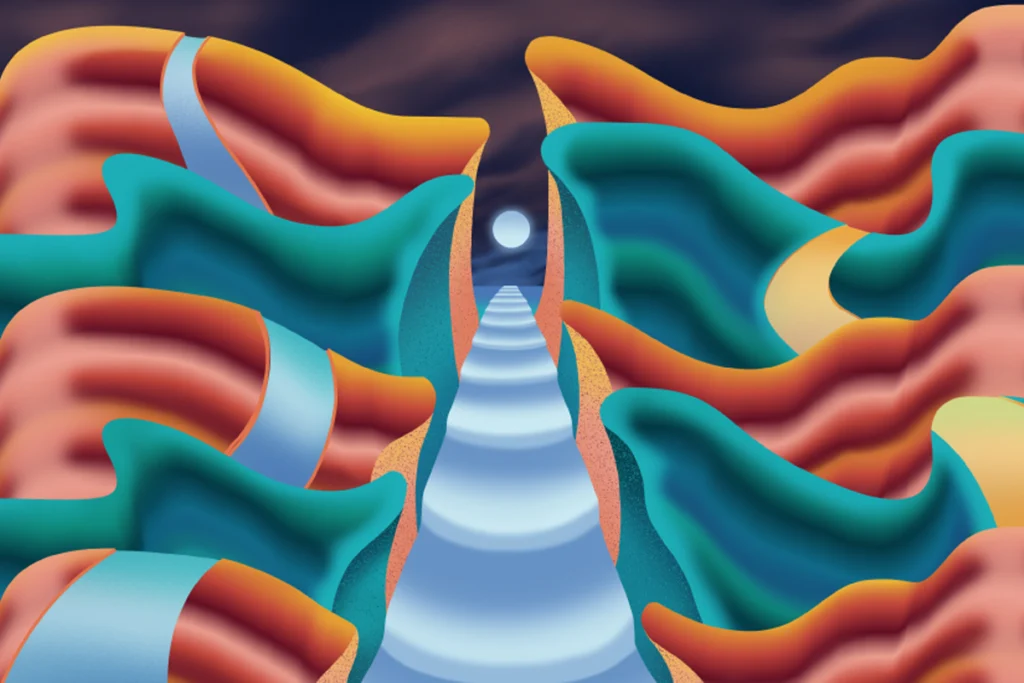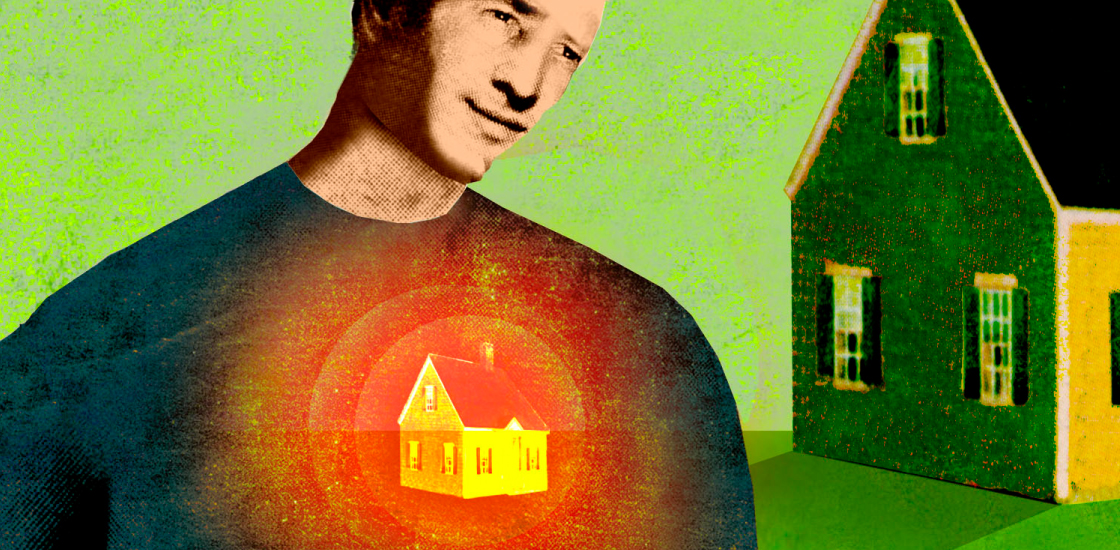Amy S.F. Lutz is a historian of medicine at the University of Pennsylvania in Philadelphia, vice president of the National Council on Severe Autism and the parent of a profoundly autistic son, Jonah, 24. She has written about profound autism for many platforms, including The Atlantic, Psychology Today, Spectrum and Slate. Her most recent book is “Chasing the Intact Mind: How the Severely Autistic and Intellectually Disabled Were Excluded From the Debates That Affect Them Most” (2023). She is also the author of “We Walk: Life With Severe Autism” (2020) and “Each Day I Like It Better: Autism, ECT, and the Treatment of Our Most Impaired Children” (2014). She lives outside of Philadelphia with her husband and whichever of her five children happen to be home at the time.

Amy S.F. Lutz
Writer
From this contributor
Building bridges: Collaboration across the autism community
An autistic person and the mother of an autistic child explore partnership in the autism community.

Building bridges: Collaboration across the autism community
Adults with disabilities deserve right to choose where to live
The idea that one residential model is appropriate for the entire spectrum of intellectual and developmental disability is patently absurd.

Adults with disabilities deserve right to choose where to live
Explore more from The Transmitter
Machine learning spots neural progenitors in adult human brains
But the finding has not settled the long-standing debate over the existence and extent of neurogenesis during adulthood, says Yale University neuroscientist Juan Arellano.

Machine learning spots neural progenitors in adult human brains
But the finding has not settled the long-standing debate over the existence and extent of neurogenesis during adulthood, says Yale University neuroscientist Juan Arellano.
Xiao-Jing Wang outlines the future of theoretical neuroscience
Wang discusses why he decided the time was right for a new theoretical neuroscience textbook and how bifurcation is a key missing concept in neuroscience explanations.
Xiao-Jing Wang outlines the future of theoretical neuroscience
Wang discusses why he decided the time was right for a new theoretical neuroscience textbook and how bifurcation is a key missing concept in neuroscience explanations.
Memory study sparks debate over statistical methods
Critics of a 2024 Nature paper suggest the authors failed to address the risk of false-positive findings. The authors argue more rigorous methods can result in missed leads.

Memory study sparks debate over statistical methods
Critics of a 2024 Nature paper suggest the authors failed to address the risk of false-positive findings. The authors argue more rigorous methods can result in missed leads.